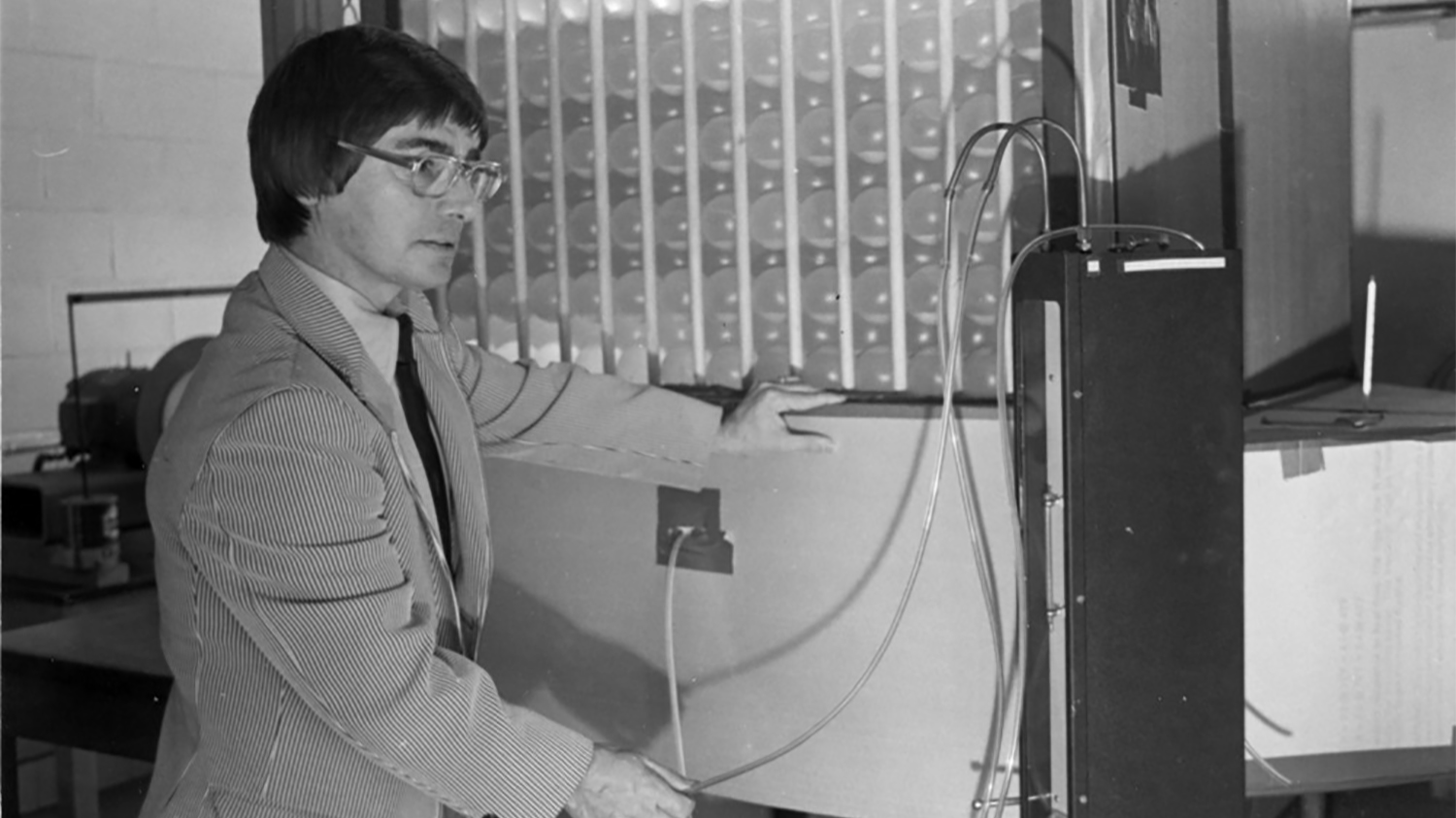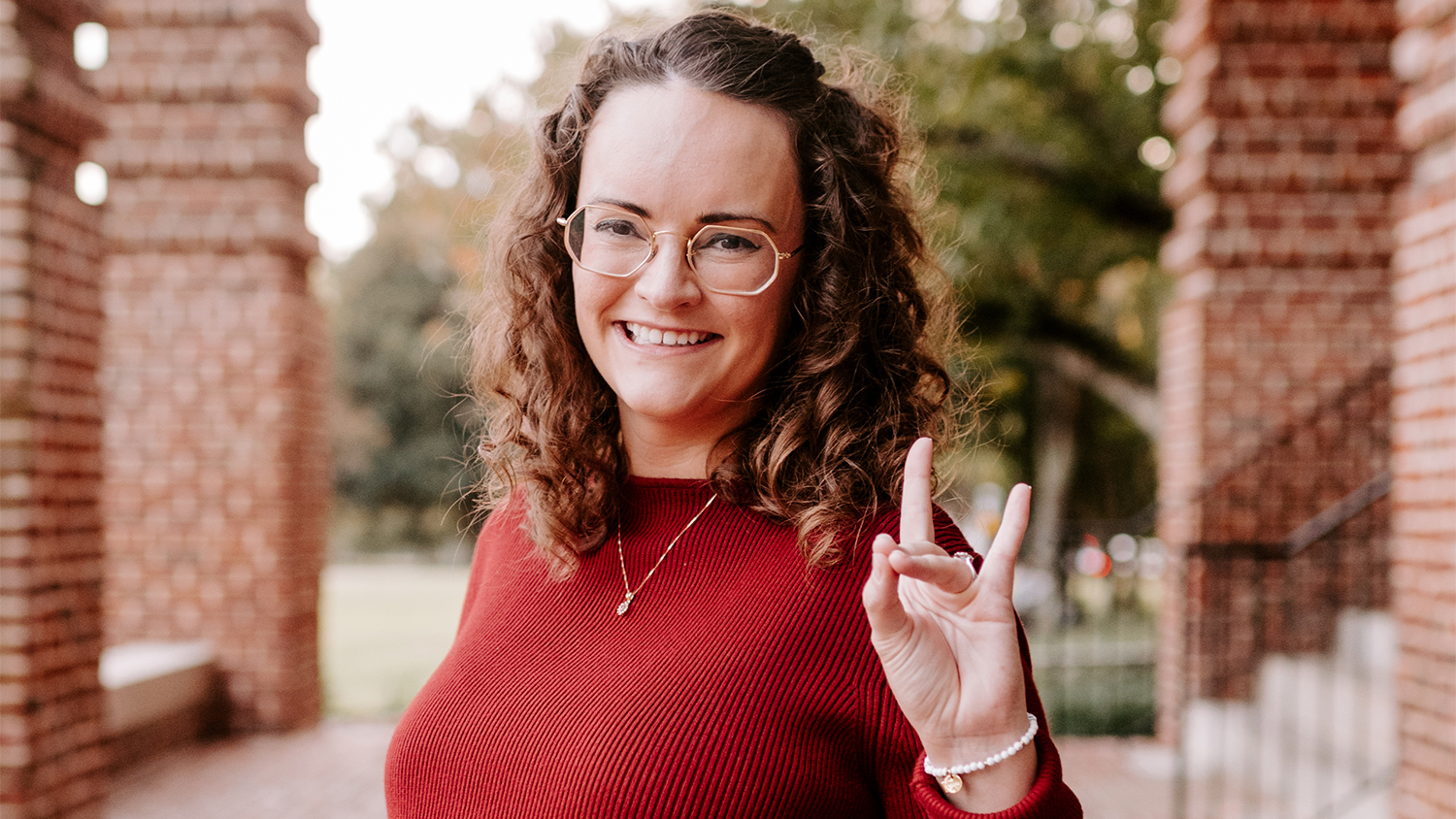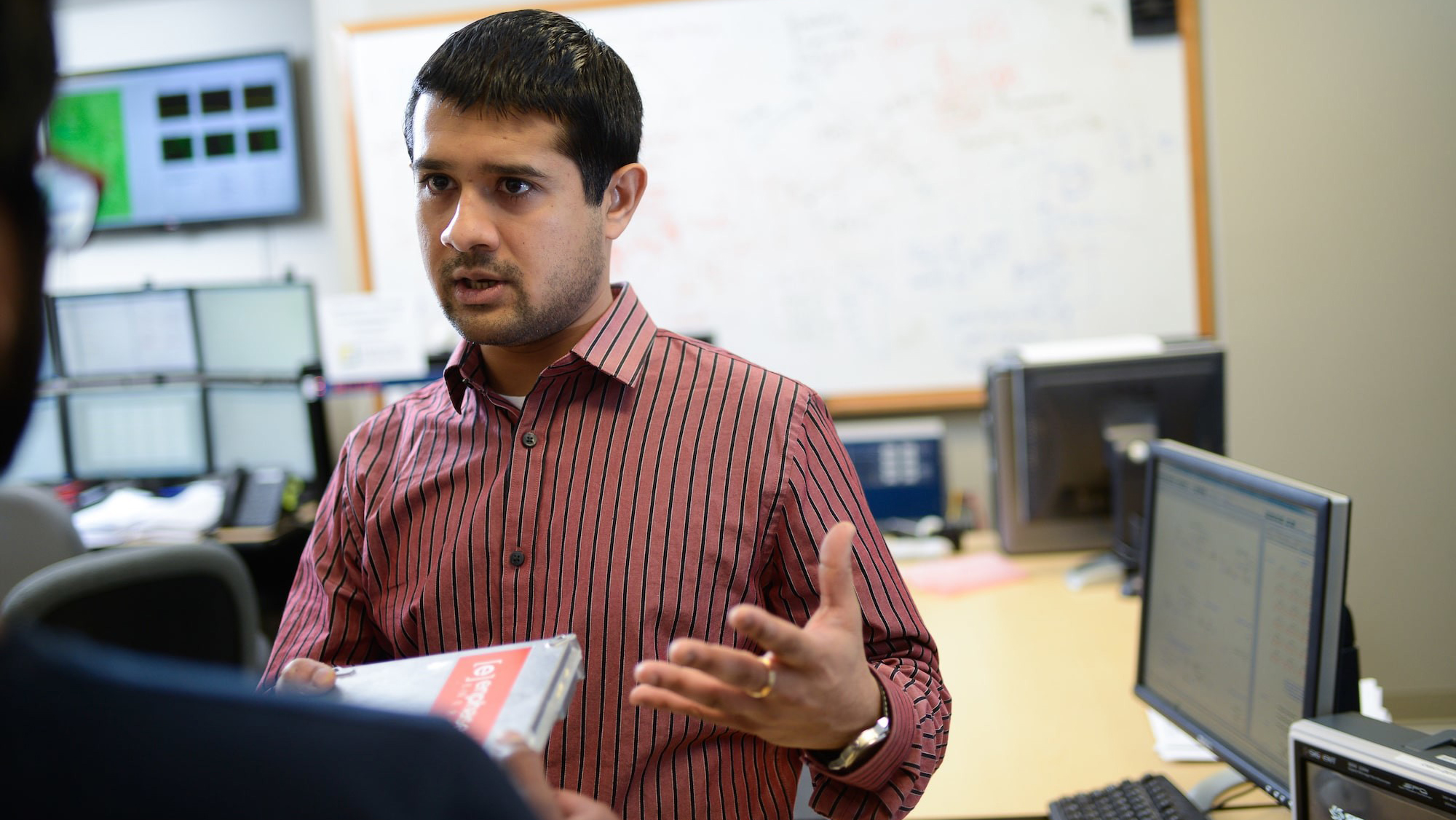BME seminar speaker discusses cell-sorting technology
An acclaimed scientist spoke to a packed room of biomedical engineering students at North Carolina State University in September to discuss a cell-sorting technology that may hold promise for use in human cell therapies such as bone marrow transplants.
Dr. Lydia Villa-Komaroff, chief scientific officer at CytonomeST, LLC, discussed the company’s new cell-sorting technology, Gigasort, which allows researchers to sort the number of cells needed for use in human clinical trials — a number far greater than what is needed for use in mice trials.
The cell-sorting technology separates cells that may attack one another, hindering a successful transplant, from those that will help in the transplantation process. Gigasort will afford scientists a tool that allows them to test different mixtures of cells that may one day be used in different cell therapies, Villa-Komaroff said.
“We’re excited about getting it in the hands of people who have experiments,” Villa-Komaroff said.
She added that CytonomeST hopes to have the technology shipped within the next two years.
Cell therapy, which introduces new cells into a tissue, is used to treat cancer and diseases of the blood, among others. Hematopoietic cell transplants (HCT), which are considered curative treatments for leukemia, sickle cell anemia and other diseases, include bone marrow transplants and other forms of cell therapy. Approximately 50,000 HCTs are done worldwide.
CytonomeST develops, manufactures and markets clinical grade optical cell-sorting technology. The company was established in 2009 and is headquartered in Boston.
Villa-Komaroff has been an important figure in cell therapy for more than 20 years. She earned recognition for her role in insulin research while working with a Harvard Medical School team led by Dr. Walter Gilbert, a 1980 Nobel laureate who was recognized for contributing to the determination of base sequences in DNA and RNA. The group was the first to demonstrate that bacterial cells could produce insulin, a breakthrough for patients suffering from diabetes.
Villa-Komaroff previously served as vice president for research at Northwestern University and was vice president of research and chief operating officer for the Whitehead Institute, a Massachusetts Institute of Technology (MIT)-affiliated non-profit research and educational institution, from 2003 to 2005. She has held research positions at Harvard University, the University of Massachusetts Medical Center and the Children’s Hospital in Boston.
Villa-Komaroff received her PhD from MIT in 1975.
Her address was part of the BME Seminar Series, which is hosted by the Joint NC State-UNC Department of Biomedical Engineering.


